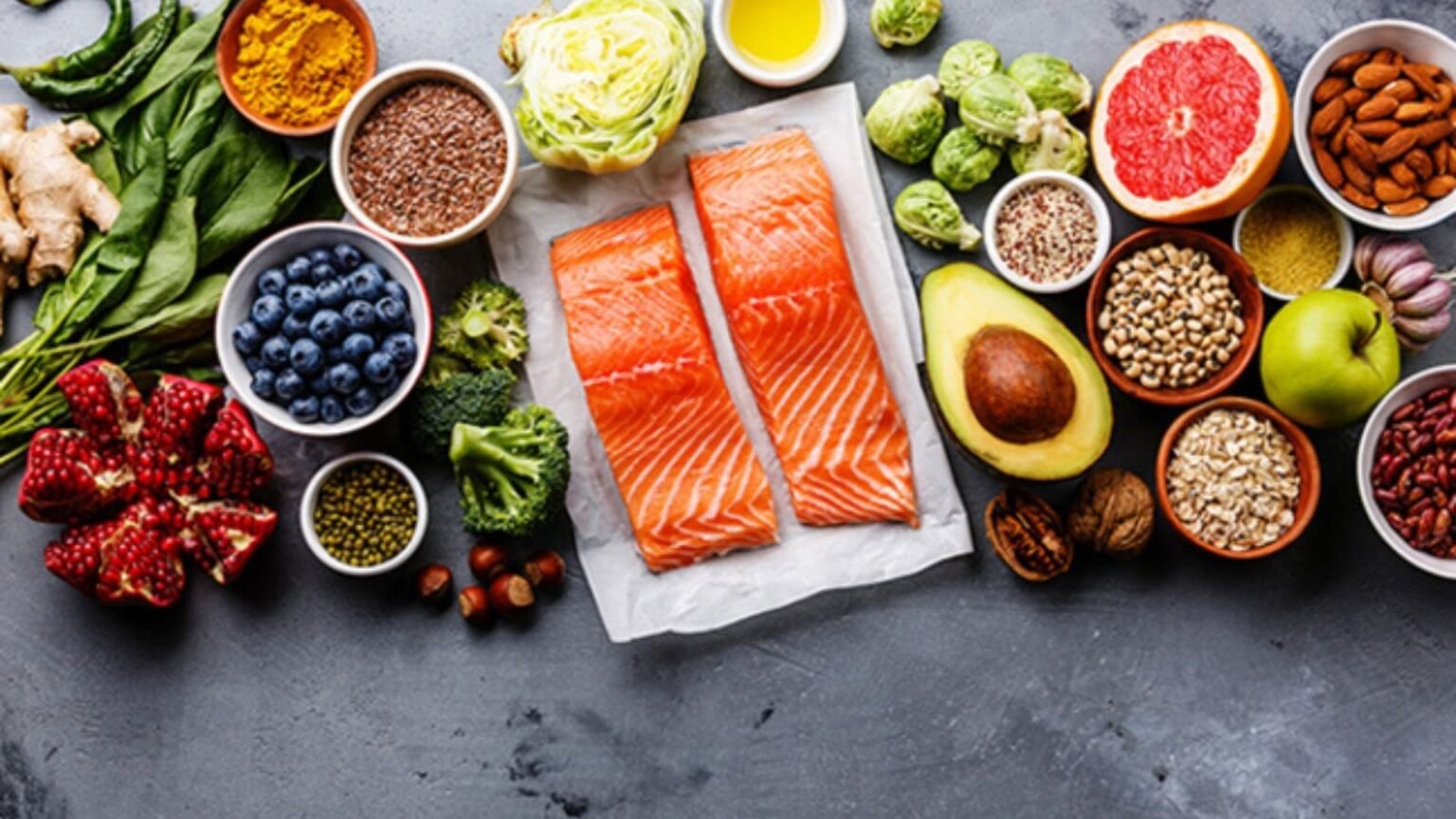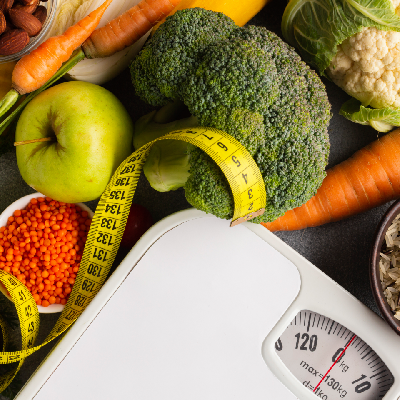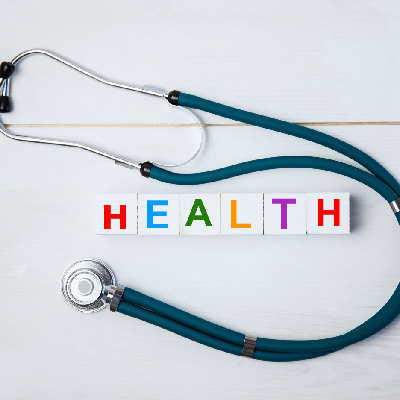Serotonin plays a significant role in mental health, and low levels are linked to depression, anxiety, and insomnia. While medications are sometimes necessary, eating the right foods can be a natural way to support serotonin production.
If you’re on medication for anxiety or depression, consult a healthcare provider before increasing your intake of serotonin-boosting foods, as high serotonin levels can pose health risks.
What is Serotonin, and Why Does It Matter?
Serotonin is synthesized in the body from tryptophan, an essential amino acid that your body cannot produce on its own. Found in various foods, tryptophan helps regulate serotonin levels, influencing mood, sleep, and stress management.
When combined with carbohydrates, tryptophan absorption improves, further aiding serotonin production.
6 Serotonin-Boosting Foods
Here are six foods rich in tryptophan that can help regulate serotonin levels naturally:
1. Eggs
Eggs are an excellent source of tryptophan. Research indicates that the protein in eggs can significantly increase tryptophan levels in the blood.
To maximize benefits, don’t skip the yolk! Egg yolks are also rich in:
- Tyrosine
- Choline
- Biotin
- Omega-3 fatty acids
A simple omelet or boiled eggs can be a perfect serotonin-boosting meal.
2. Cheese
Cheese, especially cheddar and cottage cheese, is another rich source of tryptophan.
For a delicious serotonin boost, try mac and cheese made with cheddar cheese, eggs, and milk — all of which are high in tryptophan.
3. Tofu
For vegetarians and vegans, tofu is a versatile and rich source of tryptophan. Made from soy, tofu can replace meat in most recipes, making it a healthy and plant-based option.
Some tofu varieties are calcium-set, which means they also offer a great calcium boost for bone health.
4. Salmon
Salmon is a powerhouse of nutrients, including tryptophan. Besides supporting serotonin production, salmon also helps balance cholesterol, lowers blood pressure, and provides a rich source of omega-3 fatty acids.
For a serotonin-packed meal, pair salmon with eggs in a frittata or with a side of roasted vegetables.
5. Nuts and Seeds
All nuts and seeds are rich in tryptophan. Popular options include:
- Almonds
- Walnuts
- Sunflower seeds
- Pumpkin seeds
Nuts and seeds are also packed with fiber, antioxidants, and healthy fats. They’re great for heart health and provide a satisfying serotonin boost.
6. Turkey
Turkey is famously known as a tryptophan-rich food, often linked to post-Thanksgiving naps.
Tryptophan in turkey promotes calmness and can even help regulate sleep patterns. Incorporate turkey into your meals for a protein-rich, serotonin-boosting diet.
Suggested Read:- Weight Loss Yoga Exercise For FemaleAlternatives
Other Ways to Boost Serotonin Naturally
While food can help, there are other ways to naturally enhance serotonin levels:
1.Exercise
Regular physical activity can mimic the effects of antidepressants by increasing serotonin levels. Activities like walking, swimming, or yoga can be particularly beneficial.
2.Sunlight
Light therapy or natural sunlight exposure has been shown to boost serotonin production. A daily walk outdoors, especially during the morning, can improve mood and regulate sleep.
3.Gut Health
A healthy gut is closely linked to serotonin levels. High-fiber diets and probiotics can support gut bacteria, which may positively influence the gut-brain connection.
4.Lifestyle Adjustments
Reducing alcohol intake, practicing mindfulness, and engaging in social activities can also play a role in improving mood and serotonin levels.
Serotonin and Your Diet: Does It Work?
It’s essential to understand that eating tryptophan-rich foods alone may not be enough to dramatically alter serotonin levels. Factors like genetics, lifestyle, and existing mental health conditions play a significant role.
For optimal serotonin production, tryptophan-rich foods should be combined with healthy carbohydrates. Carbs help facilitate amino acid absorption, allowing tryptophan to remain in the bloodstream longer.
Suggested Read:- Weight Loss Diet For Female At Home
Frequently Asked Questions
1. What foods help boost serotonin the most?
Eggs, salmon, tofu, cheese, nuts, and turkey are among the best sources of tryptophan for serotonin production.
2. Can eating foods high in tryptophan improve my mood?
While tryptophan-rich foods can help, they work best when combined with a balanced diet, regular exercise, and other serotonin-boosting activities.
3. Should I take tryptophan supplements?
Always consult a healthcare professional before taking tryptophan supplements, as they may cause side effects or lead to serotonin syndrome, a potentially life-threatening condition.
4. What natural alternatives exist for improving mood?
Exercise, exposure to natural light, probiotics, and mindfulness practices are effective, natural ways to enhance mood and serotonin levels.
Suggested Read:- 8 Eucalyptus Honey Benefits for Health
Final Thoughts
Low serotonin levels can impact your mood, sleep, and overall well-being. Incorporating foods rich in tryptophan, like eggs, cheese, tofu, salmon, nuts, and turkey, can naturally boost serotonin production.
However, diet alone may not be enough to address mental health conditions. For a holistic approach, pair a nutritious diet with regular exercise, sunlight exposure, and mindfulness practices. If you’re experiencing severe mood or anxiety issues, seek advice from a mental health professional for personalized support.
Start small — add a few serotonin-boosting foods to your meals today and take a step toward better mental health and well-being!












